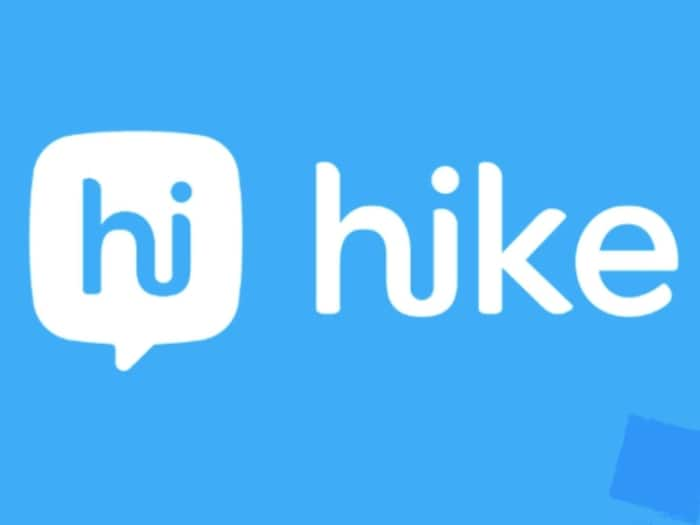
Written By Deepti Ratnam
Published By: Deepti Ratnam | Published: Sep 15, 2025, 11:42 AM (IST)

Hike has decided to shut down completely after more than a decade in business in India. Kavin Mittal’s homegrown alternative to WhatsApp has decided to close its business after the Indian government came up with a new law banning real-money gaming apps. To recall, Hike officially converted into a gaming platform in 2021, after shutting down its messaging app in January that same year.
Hike’s founder and CEO, Kavin Mittal, announced on September 13 about shutting down Hike.
Hike launched in 2012 and entered the Indian market as a direct competitor to WhatsApp. The app came up with several unique features such as stickers and offline messaging. These features led to a quick popularity among young crowds.
Nevertheless, with time, WhatsApp strengthened its dominance in India and Hike shifted its focus toward gaming. Over time, Hike became popular for offering real-money games, where users could deposit money and play games while earning rewards. This strategy kept the platform alive for a few years, but the recent government ban changed everything.
The trouble for Hike started when the Indian government introduced the Promotion and Regulation of Online Gaming Act, 2025. Under this act, there’s a complete ban on real-money games in India.
However, esports and subscription-based services are still allowed, anything involving gambling, stakes, or wagers is completely prohibited and banned. The government cited concerns over gambling addiction and social harm. Other than these concerns, the government also mentioned national security reasons as one of the major concerns for the sweeping restrictions.
This move not only forced Hike to shut down but also affected several other leading companies in the sector. Additionally, big names like Dream11, Winzo, and Zupee have already shifted their business models to areas such as micro-content, financial services, and international markets.
In his blog post, Kavin Mittal said, “We could raise the capital, but the real question is: is it worth it? Is this a climb worth pivoting for? For the first time in 13 years, my answer is no. Not for me, not for my team, and not for our investors. This is both a disappointment and a hard outcome. But I choose to look on the bright side: the learnings are invaluable, and my conviction for what’s next is even stronger.”